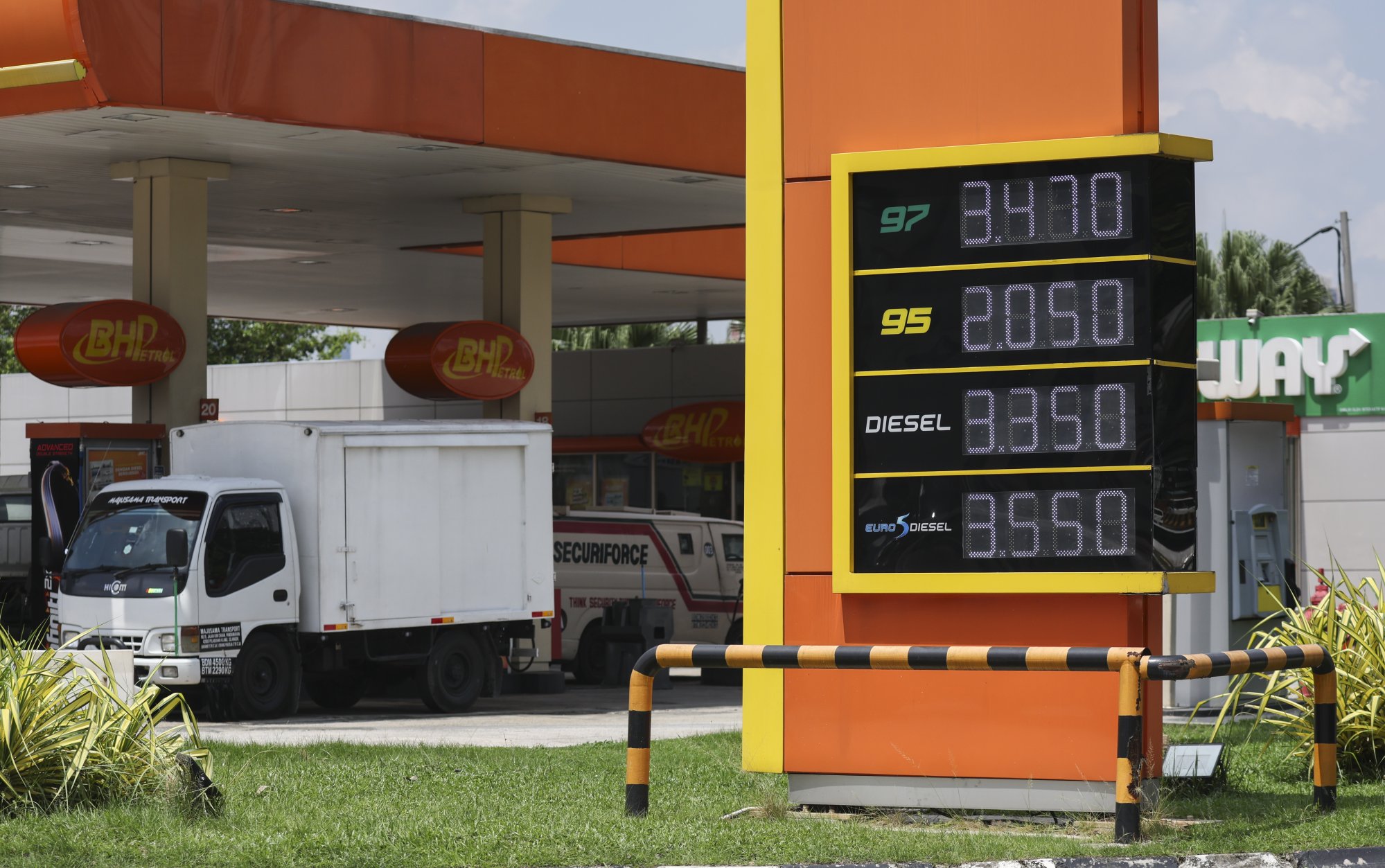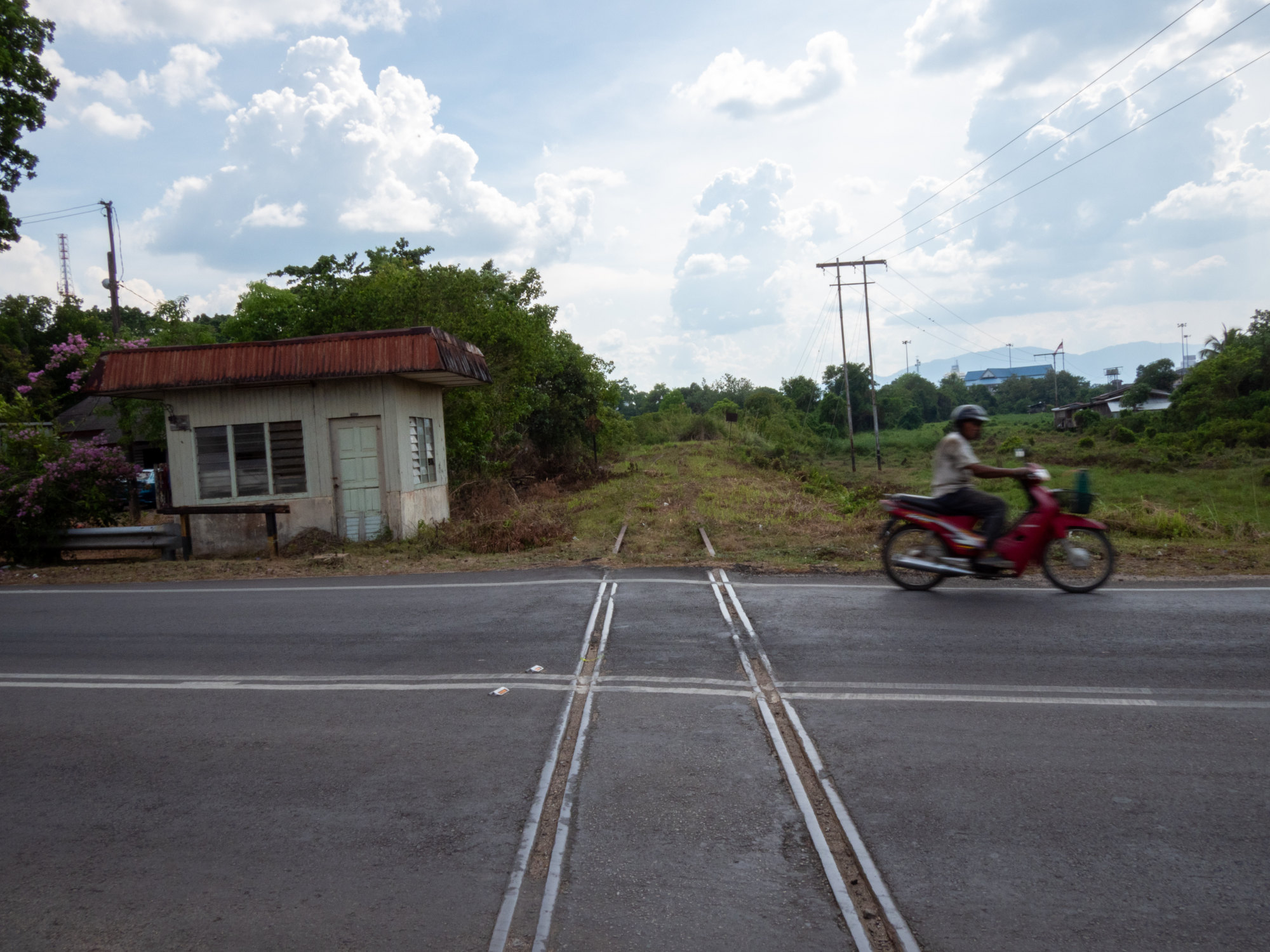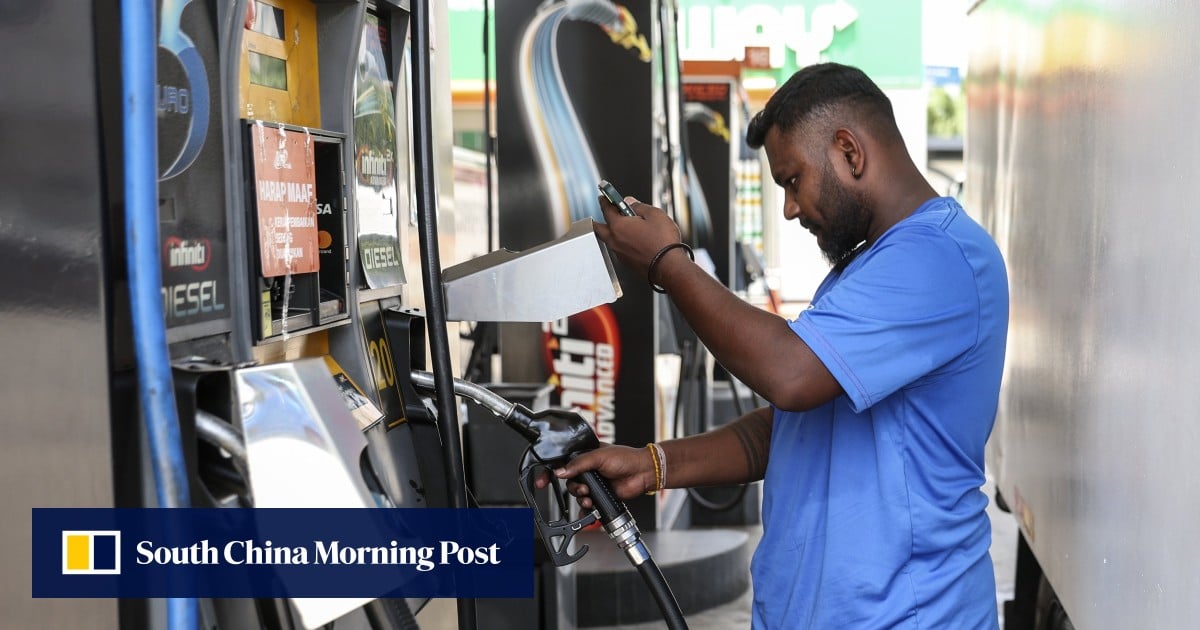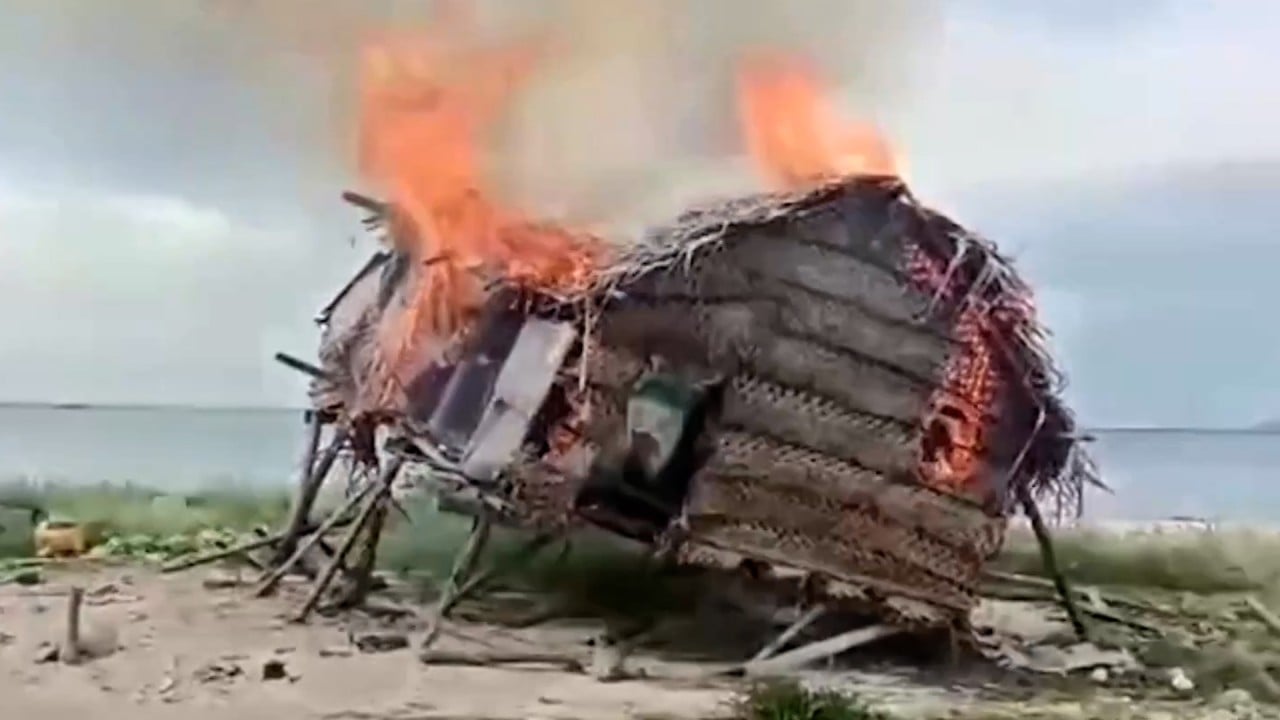“It’s not worth the trouble, there’s no more money to be made,” said Hisyam, who declined to reveal his full name.
Operating around the eastern Kuala Lumpur area of Gombak, Hisyam said his role in the erstwhile lucrative business was to drive a modified box lorry and pump diesel into tanks hidden in it before offloading the fuel at a collection point.

From there, the diesel would be transferred to a different lorry to make the 400-kilometre journey north to Kelantan. The Malaysian state has a long and porous border with Thailand, which has allowed smugglers to transport and sell the fuel in the Thai black market.
“It is easier to collect diesel this far south [within Malaysia],” Hisyam said. “There are way more petrol stations and not as much enforcement [at the border region].”
Hisyam said he was at the bottom of the food chain of a criminal enterprise worth tens of millions of US dollars annually, involving corrupt officials and smuggling cartels on both sides of the border.
“I make maybe 50 ringgit [US$10] a day collecting the fuel. Not much,” he said.
Bank Islam chief economist Mohd Afzanizam Abdul Rashid said smugglers have little incentive to maintain their operations as the diesel price increase has eliminated their profit margins.
“[Also] not to mention the cost to the smugglers in getting caught by the authorities. That would make them think twice about committing such acts,” Afzanizam said.

The Malaysian government was quick to declare victory over the smugglers, with Communications Minister Fahmi Fadzil saying on Wednesday that cases of illegal diesel sales along the border regions of Kelantan and Perlis have declined due to the subsidy measure.
“It is not impossible that some smuggling activities have been successfully curbed due to the re-targeting of subsidies,” Fahmi said in a press conference in Putrajaya.
The unpopular decision to float diesel prices was framed as a move to curb smuggling and financially prudent as it would save the government up to 4 billion ringgit (US$850 million) a year in subsidies that could be channelled elsewhere.
To cushion the impact of the price surge, eligible residents in Malaysia would receive monthly cash of 200 ringgit (US$42) in their bank accounts.
Domestic Trade and Cost of Living Minister Armizan Mohd Ali, however, said there were signs that smugglers along the border were switching to selling petrol. Malaysia continues to subsidise the lower RON95 grade of petrol.
The RON95 grade petrol in Malaysia costs twice as much as a similar fuel in Thailand. But transporting petrol is considerably harder as vehicles used by smugglers cannot be modified to carry as much fuel as diesel lorries.
Malaysia’s government has ordered petrol station operators in the border states to submit full reports of their daily sales to owners of four-wheel-drive vehicles and sedan cars as both vehicle types are commonly used to smuggle petrol.
“We hope they will give their cooperation and help the ministry track down the motorists who use modified 4WD vehicles and sedan cars to smuggle diesel and RON95,” Armizan reportedly told Malaysian newspaper The New Straits Times on June 6.
Izam Yusri, a petrol station operator in Ipoh, north of Kuala Lumpur, said he has cooperated with Malaysian authorities for years.
“Almost all operators are very cautious about smuggling,” Izam said. “I say ‘almost’ because there are those who are in cahoots with smugglers.”
Last month, a petrol station operator in Ipoh was caught for allowing 78,000 ringgit (US$16,500) worth of subsidised diesel to be pumped into a modified lorry for smuggling. Its operating licence could be revoked if convicted.
Izam said law-abiding operators like himself constantly faced challenges from smugglers looking for new ways to obtain and sell supplies from petrol stations.
“So we at the station need to continue reminding our staff about this and keep them aware,” he said. “If you see anything suspicious, report it.”


